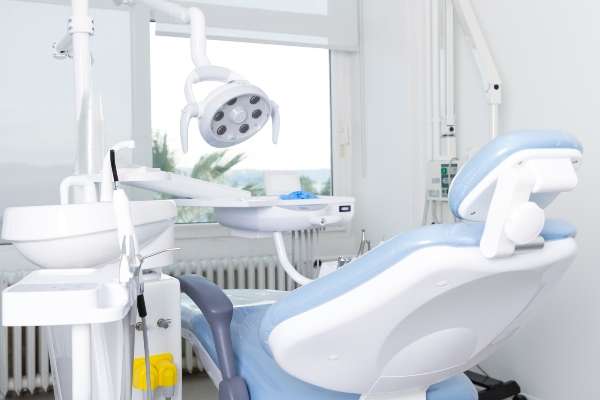 A tooth abscess is one of the most serious problems treated in general dentistry. It occurs due to an infection in the tooth or gums. The body sends white blood cells to the site to fight the infection. These form a yellowish-white fluid called pus. An abscess occurs when a pocket of pus forms in the roots of the tooth or the gums.
A tooth abscess is one of the most serious problems treated in general dentistry. It occurs due to an infection in the tooth or gums. The body sends white blood cells to the site to fight the infection. These form a yellowish-white fluid called pus. An abscess occurs when a pocket of pus forms in the roots of the tooth or the gums.
Abscesses do not get better on their own. They require immediate treatment to prevent the infection from spreading to the other parts of the body.
How do you know if you have an abscess?
Abscesses are usually very painful, so if you have one, you usually know right away that something is wrong, although you might not know exactly what, at least at first. Pain from an abscess may be persistent and dull or piercing and sharp. It may affect the entire side of your jaw, or it may be localized to a single tooth. Pain may be worse with chewing or lying on the affected side. Teeth may be sensitive to hot and cold temperatures.
The abscess may appear as a pimple on the gums, which may be red and swollen. Pus can drain from the gums, which can produce a bitter taste in the mouth and bad breath. The bacterial infection that results in an abscess can also cause systemic symptoms, such as swollen lymph nodes in the areas of the jaw or neck, headache, or fever.
What treatment options are available for an abscess?
The appropriate general dentistry treatment for an abscess depends upon the extent of the infection. As with many medical conditions, the prognosis improves the sooner you receive treatment.
Antibiotics
Antibiotics are medications that fight the bacterial infection that caused the abscess in the first place. A dentist will often prescribe antibiotics in addition to another treatment. A course of antibiotics is unlikely to resolve the abscess on its own. It may improve symptoms temporarily, but then the abscess may come back.
Abscess drainage
Sometimes it is necessary to drain the abscess and allow the pus to drain out. This relieves pain by easing the pressure on the teeth and gums. The periodontal pocket is then rinsed out with saline. If the abscess is superficial, this may be sufficient to resolve it. However, it may only be a step in the process to relieve pain and prepare you for further treatment.
Root canal
If the infection is in the tooth itself, a root canal may be necessary. This procedure cleans out all the infected material by using special instruments that get inside the tooth and into the roots. Once the infection is removed, a biocomposite material is used to fill the space, and further treatment may be needed to keep the tooth strong and healthy. A root canal is often the last treatment available to save the tooth.
Extraction
If all other treatments fail, the only way to resolve the abscess may be to extract the tooth. In general dentistry, it is preferred to save this as a last resort.
Conclusion
An abscess is a collection of pus affecting a tooth and the gums that forms due to a bacterial infection. Treatment options depend on the severity.
Request an appointment or call Smiles By Julia at 954-493-6556 for an appointment in our Fort Lauderdale office.
Related Posts
Tooth pain is one of the most common reasons people visit a general dentistry clinic, where they may receive a filling or other type of repair for a damaged or decayed tooth. However, in some cases, the tooth in question may be too far gone, and extraction is necessary. While this may be distressing for…
In general dentistry, practitioners offer preventative, restorative, and cosmetic services. General dentists help patients maintain good oral health by preventing disease and decay. For example, when individuals visit their general dentists' office for tooth decay, the dentist can diagnose, clean the decay, and fill the tooth. General dentists understand how oral health affects an individual's…
In general dentistry, the dentist examines, diagnoses, and treats a patient's teeth for various conditions and damage. According to the ADA, about 80% of all dentists choose general dentistry for their practice. Your first point of contact for dental conditions, malformations, or decay is your general dentist.In general dentistry, dentists always attempt to save a…
